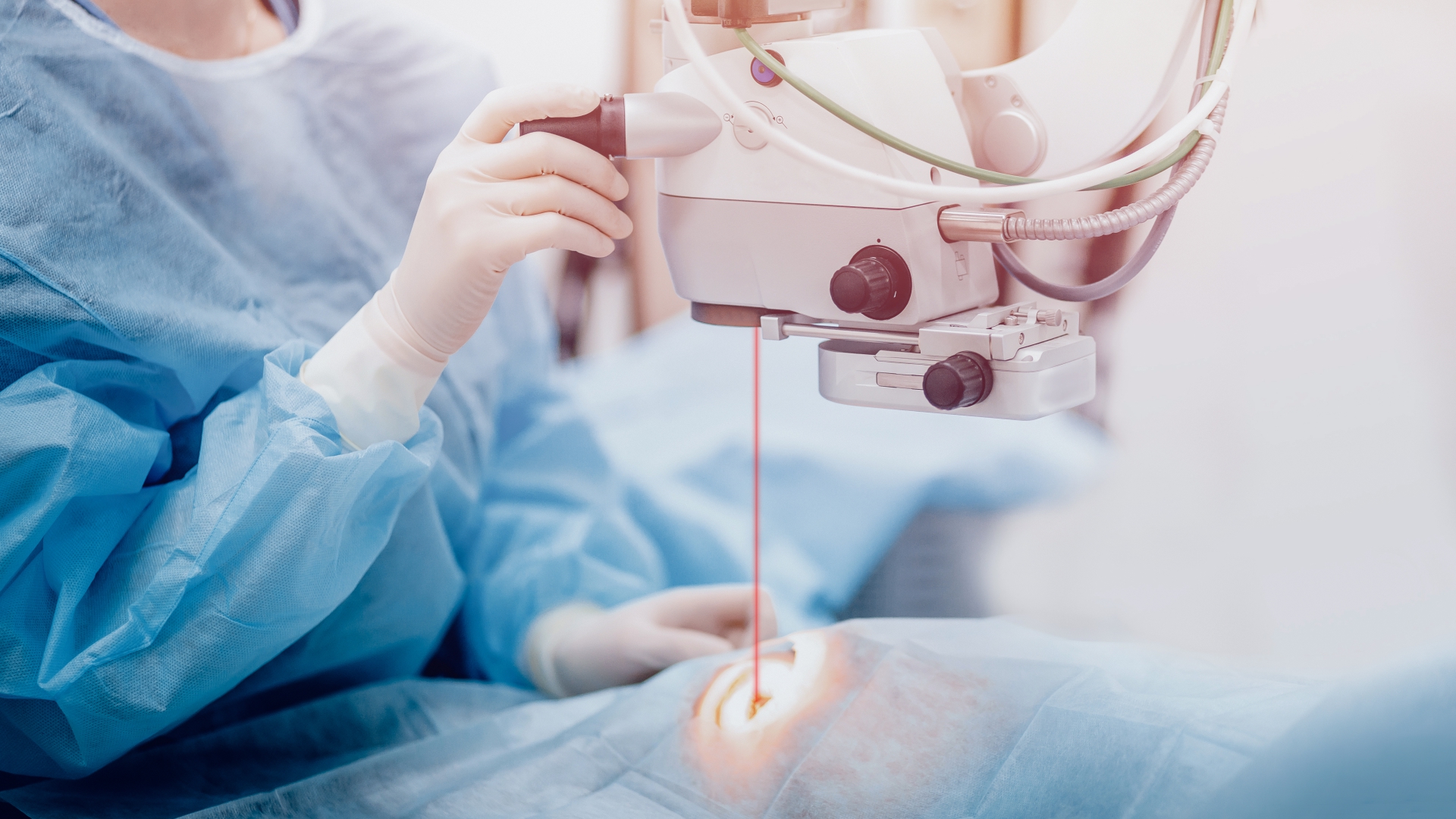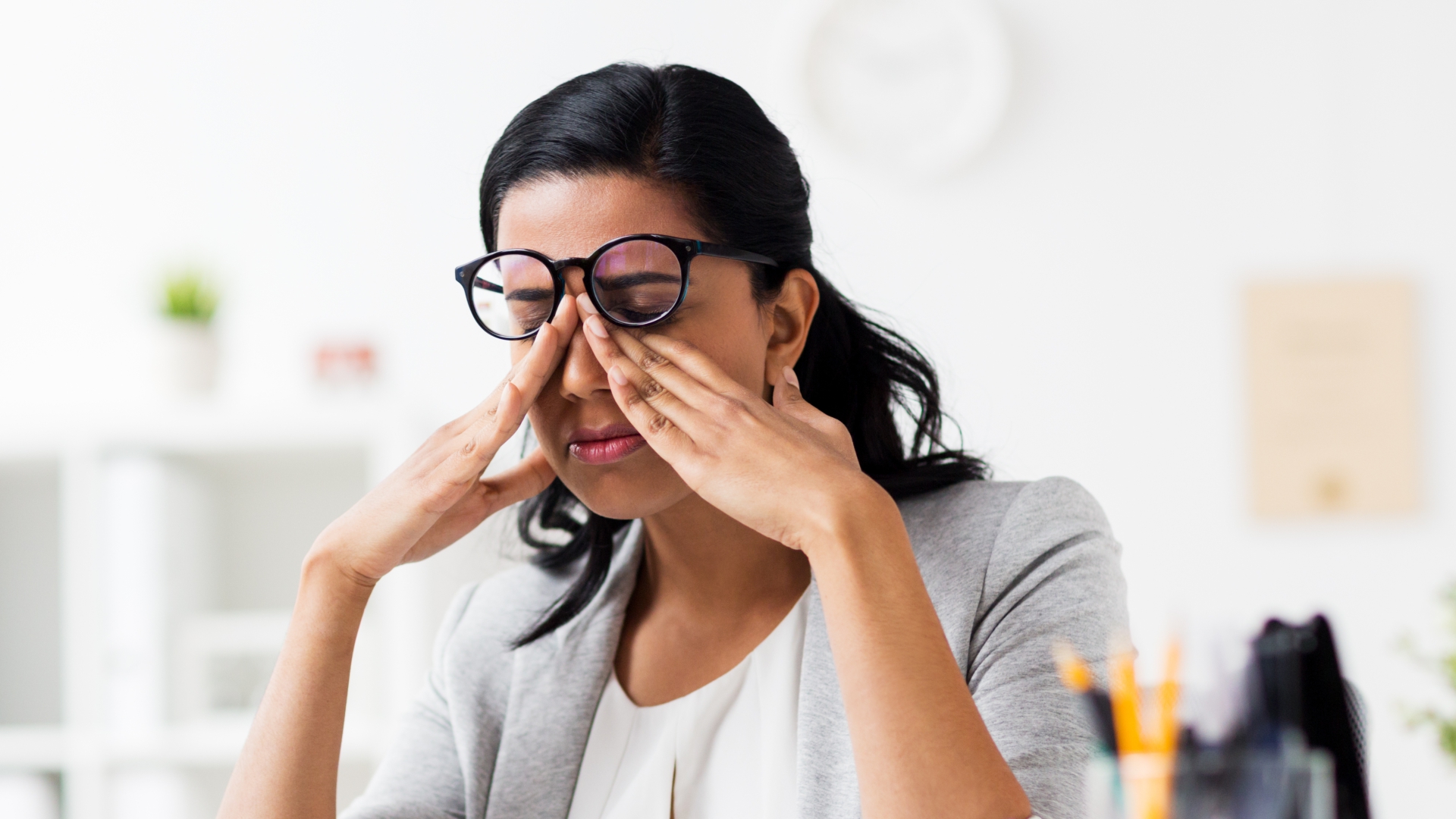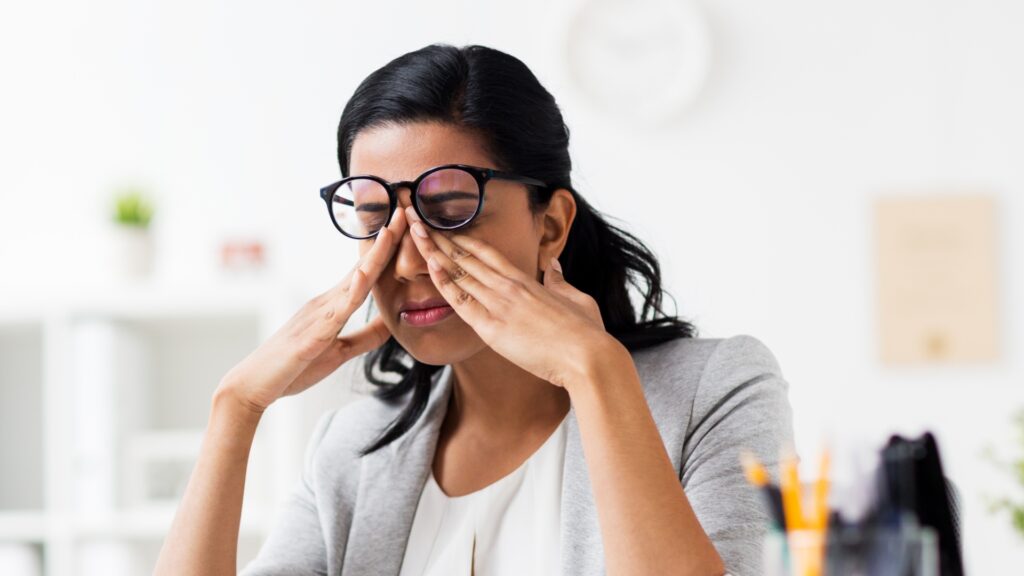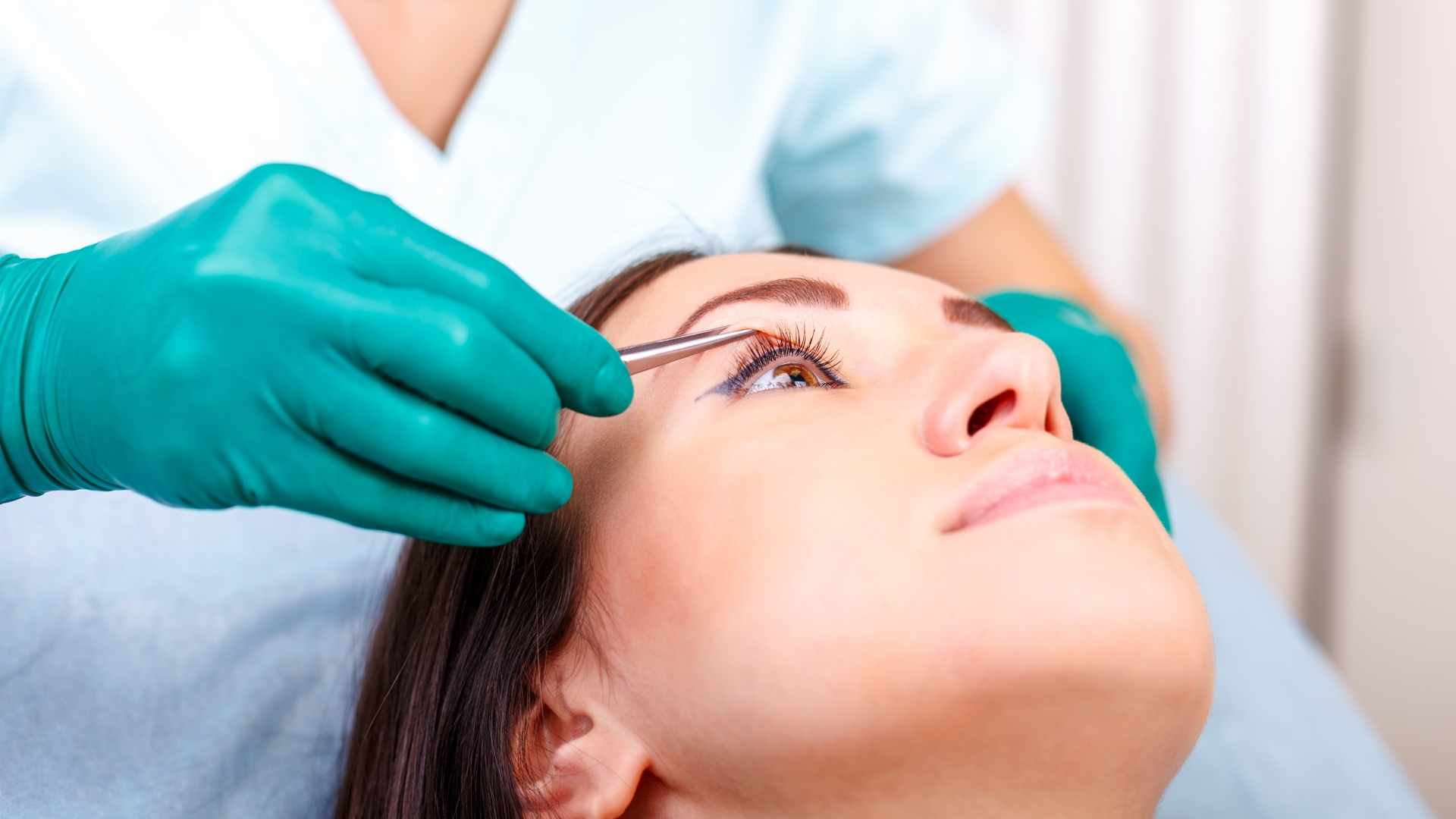Laser treatment is available for many types of eye conditions today. This has given hope to many patients and enhanced the living quality of many patients who have already undergone laser treatment. In the field of eye medicine, laser treatment has a wide range of applications.
Some of the common eye conditions which come under laser treatment include refractive errors such as myopia, hyperopia and presbyopia, cataract, lazy eye, age-related macular degeneration and many more. There are numerous eye hospitals and centres which specialise in laser treatments for specific kinds of eye conditions in India.
With the advancement of technology and highly skilled doctors and surgeons, patients can dream of a wholesome life. These technologies can help pinpoint the condition accurately and treat it with precisely-controlled laser beams. One such example is the recent Contoura Vision technology which can map up to 22,000 points of the human cornea to deliver precise laser beams and correct the vision.
This corrected vision is the sharpest and crispest that the patient can get.
Eye conditions that necessitate laser treatment
There are many eye conditions that you may not have even heard about. These include –
- Myopia: In this condition, distant objects are blurry while near objects are clear. Though you can wear contacts or spectacles, LASIK surgery frees you from the pain of carrying it around and other limitations that come with it.
- Hyperopia: Here, you can see distant objects or people clearly but not your nearby area. It can be treated with LASIK or its advanced versions, such as Contoura Vision.
- Presbyopia: It occurs with ageing, where the eyes can’t focus on nearby objects. LASIK is the remedy apart from glasses.
- Diabetic Macular Oedema: It’s the swelling of the macula, which lies at the centre of the retina in diabetic patients. This is responsible for our detailed vision. Laser treatments stabilise it and prevent further fluid accumulation.
- Wet Macular Degeneration: In this condition, Transpupillary Thermotherapy Laser treats the condition. It uses lower laser temperatures to prevent any retinal damage.
- Retinal tears: Tears in the retina can cause fluid movement beneath the retina and cause its detachment. If discovered before detachment, laser photocoagulation therapy is used to prevent detachment.
- Diabetic retinopathy: In this condition, the eye blood vessels may start leaking blood due to vessel damage caused by diabetes. It prevents oxygen from reaching the cells. Hence, Laser photocoagulation therapy fixes the leaks and destroys the tissue that stimulates the growth of new abnormal blood vessels.
- Cataract: With age, the eye lens may get cloudy. Laser treatments such as CATALYS remove the clouded lens and replace it with an Intraocular lens.
Laser treatment for laser sharp vision
Similarly, even eye conditions such as Glaucoma could be treated with a laser. They are usually quick and painless. So, you can walk in and walk out the same day after the procedure.
If you’re facing these eye issues, please talk to our team about the possibility of exploring a laser treatment. Sharat Maxivision is the leading eye hospital in Warangal. Our expert team is always ready to help you with your eye issues.















